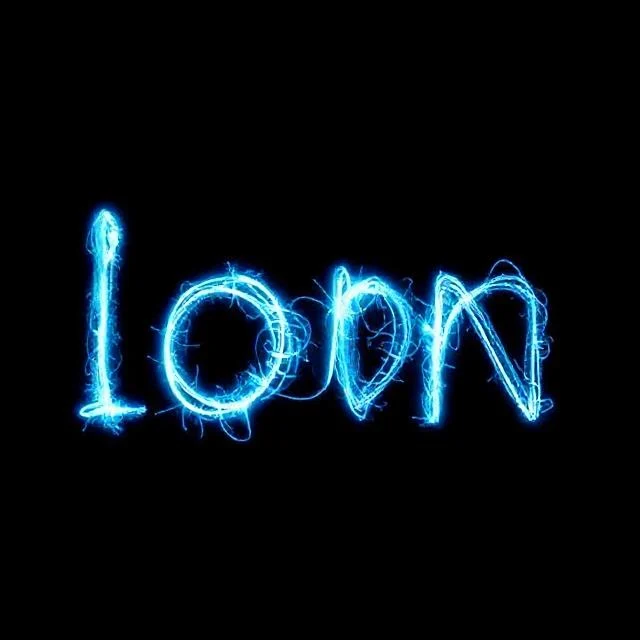In today’s fast-paced digital world, abbreviations and shorthand dominate online conversations. One such term you may encounter is “ION”.
If you’ve seen it in texts, social media posts, or chat apps, you might wonder what it means. Understanding these acronyms is essential for clear communication, avoiding misunderstandings, and staying up-to-date with online culture.
While some abbreviations have straightforward meanings, others, like “ION,” can be confusing depending on context.
This guide dives into the definition, origins, and usage of “ION,” helping you navigate digital conversations with confidence.
Whether you’re a teen trying to understand your friends’ texts, a professional reading online messages, or simply curious about pop culture slang, this article explains everything you need to know about “ION.”
Definitions & Meaning
The term “ION” is primarily used as internet slang in texting and online communication. In most cases, it is an abbreviation of the phrase “I don’t”. For example, someone might text:
- “ION know what to say” → “I don’t know what to say.”
It’s a convenient way to save time and effort while typing, especially on platforms where brevity is valued, like Twitter or Snapchat.
Apart from representing “I don’t,” some users also interpret “ION” as “in one” in rare contexts, often referring to combining ideas or items into a single entity. However, this usage is far less common. Understanding the context of the conversation is crucial, as misinterpreting “ION” can lead to confusion.
Example:
- Friend 1: “You going to the party tonight?”
- Friend 2: “ION, too tired.”
In this case, “ION” clearly means “I don’t.”
Origins & History
The abbreviation “ION” emerged from the culture of internet and text messaging, where users began condensing phrases to type faster. While there is no exact origin date, it became popular in the late 2000s alongside other texting acronyms like “IDK” (I don’t know) and “SMH” (shaking my head).
The evolution of texting language is rooted in early SMS limitations, which initially allowed only 160 characters per message. To maximize communication within this limit, people started abbreviating words and phrases. Over time, certain shortcuts, including “ION,” gained traction and entered casual digital vocabulary. Social media platforms such as Twitter and Instagram accelerated its adoption, where short, snappy communication is preferred.
Interestingly, “ION” has also been embraced in pop culture and memes, often appearing in humorous or sarcastic contexts to convey disinterest or uncertainty.
Usage in Different Contexts
1. Social Media:
“ION” is widely used in Instagram captions, Twitter posts, and TikTok comments to convey a casual, nonchalant tone. For example:
- “ION feel like going out tonight 😴”
2. Professional Settings:
Using “ION” in formal emails or professional communication is generally discouraged, as it can appear unprofessional or lazy. However, it may appear in informal team chats or internal messaging platforms like Slack.
3. Pop Culture & Memes:
On platforms like Reddit and TikTok, “ION” is often paired with humor, sarcasm, or memes. For instance:
- “ION even care at this point 😂”
4. Regional Variations:
While “ION” is predominantly used in English-speaking countries, some non-native English users adopt it in their online communication to mirror informal texting trends.
Common Misunderstandings & Clarifications
Many people mistakenly interpret “ION” as a scientific term referring to ions in chemistry, leading to confusion. While “ION” does indeed have a formal meaning in science, in texting, it almost always represents “I don’t.”
Another common mistake is assuming “ION” can be used interchangeably with “IDK” (I don’t know). Although similar, “ION” has a broader meaning and can replace “I don’t” in various sentences, not just “I don’t know.”
Finally, context is key. If you see “ION” in a text, reading the surrounding messages usually clarifies its meaning.
Alternatives & Synonyms
Here are some alternatives to using “ION” in digital communication:
- I don’t → Full phrase, formal
- IDK → “I don’t know,” context-specific
- N/A → “Not applicable” in professional settings
- Nope → Informal, casual refusal
- Can’t → If implying inability
Choosing the right synonym depends on tone, audience, and platform.
Frequently Asked Questions (FAQ)
1. Is “ION” rude or offensive?
No, “ION” is neutral slang. It simply shortens “I don’t” and is widely accepted online.
2. Can “ION” be used in professional communication?
It’s best to avoid using “ION” in formal emails or documents. Stick to “I don’t” for clarity.
3. Does “ION” have other meanings?
Yes, in science, “ion” refers to an electrically charged atom or molecule. Context determines usage.
4. How do you pronounce “ION” in texting?
Most people read it as the words it abbreviates: “I don’t.”
5. Is “ION” common worldwide?
It is more common in English-speaking countries but is increasingly recognized globally online.
6. Can “ION” replace “IDK”?
Only sometimes. “ION” is broader, meaning “I don’t,” while “IDK” specifically means “I don’t know.”
7. Are there any popular memes using “ION”?
Yes, memes often use “ION” to express apathy, humor, or sarcasm in relatable scenarios.
Conclusion
Understanding “ION” is crucial for navigating today’s digital communication.
While it primarily means “I don’t,” its usage spans social media, informal texting, and memes. Recognizing its context prevents confusion and ensures effective communication.
Whether you’re chatting with friends, scrolling through social media, or reading online content, knowing what “ION” means keeps you in the loop.
As language continues to evolve online, abbreviations like “ION” reflect our need for efficiency, brevity, and casual expression.
By mastering these terms, you can communicate more naturally and confidently in the digital age.

